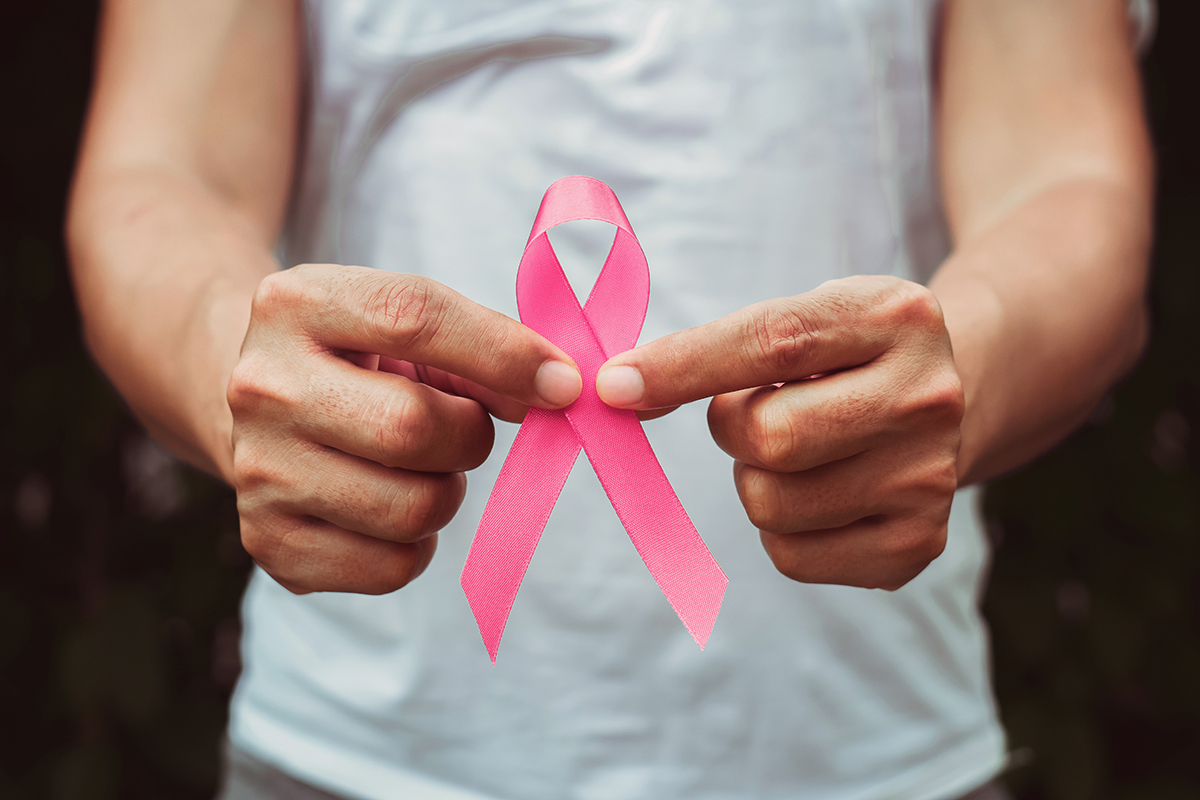One of the scourges of our time is cancer in all its forms and varieties, and breast cancer is perhaps among the most common. Today, breast cancer is recognised as an international health priority. Currently, worldwide, it is the most common cause of cancer in women globally with demographic trends showing a continuous increase in incidence. Although this disease is predominantly female, men also develop breast cancer. Breast cancer affects men significantly less often than women, with only 0.9 % of all cases. The risk of the disease in men increases with age. The age group between 60 and 70 years are at the highest risk of developing breast cancer. Increasing the risk of developing the disease in both women and men is if a family member has had breast cancer. Doctors estimate that between 10 and 20 out of every 100 breast cancers diagnosed in men are due to inherited faulty genes.
Symptoms:
As with women affected by the disease, the most common symptom of breast cancer that men should also look out for is a lump in the breast tissue that can be felt near the nipple. Additional signs of breast cancer may include symptoms such as:
- leakage of liquid from the nipple
- inverted or sensitive nipple
- swelling in the chest area
- ulcers in the breast or nipple area
- swollen lymph nodes in the armpit area
It is recommended that if men notice any of these symptoms to see a doctor immediately.
Treatment:
Treatment depends on a number of factors such as the size of the tumour and whether the cancer cells have spread to other sites. As with breast cancer in women, early diagnosis is key to the success of subsequent treatment.
The majority of men diagnosed with breast cancer may need a mastectomy. A mastectomy is the removal of the mammary gland, either partially or completely. It is used when patients and the disease are not responding to other treatments. In patients who have undergone surgery to remove the mammary gland, this procedure will be followed by radiotherapy directed at the chest area to kill the remaining cancer cells. A patient undergoing mastectomy may need chemotherapy and hormone therapy for successful treatment after the breast is removed.
For more information, we at Medical Karaj are at your service.
Call us on the following numbers "Medical Karaj": 0879 977 401 or 0879 977 402.



